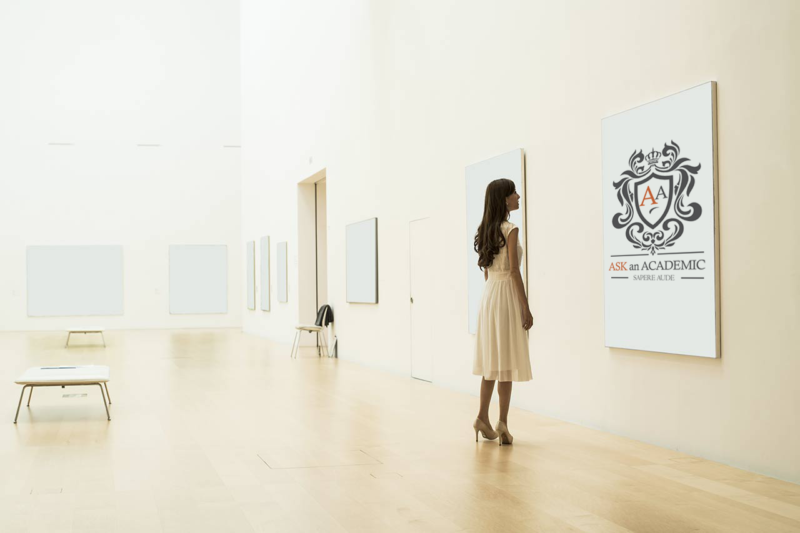Literary Theory
An explanation of literary theory and some of the theories it encompasses
Question
What is literary theory?
Answer
Literary theory encompasses a broad set of alternative approaches to discussing literary texts, informed by various socio-political and scholarly ideologies. Many of these focus on subjects and themes neglected or marginalised in traditional literary criticism; they are also instrumental in linking the study of English Literature to other academic disciplines. Some prominent literary theories include:
- Structuralism – which views human culture in terms of structures, and thus may seek to link phenomena observed in literary texts to various expressions, constructs and complexes visible in language, society and entertainment – perhaps in other literature and broader genres specifically. Post-structuralism undertakes a critique of this structuralising – which was in many cases performed by exactly the same theorists – with the goal of further freeing thought and denying the taken-for-granted notions implicit within structures: this too has made significant contributions to literary discussion, such as in Roland Barthes’ The Death of the Author (1967).
- Marxist theory – This applies concepts developed in the works of Karl Marx and further Marxist figures – such as its envisionment of superstructures and infrastructures – to literature, and may take key interest in how a particular text portrays the class system.
- Psychoanalysis – A theorist under this endeavours to ‘read’ a text in the same way a psychoanalyst studies the psyche of a person, employing Sigmund Freud’s methods and concepts to uncover repressed elements within the characters, or within the writing itself, which mirror those of the human mind.
